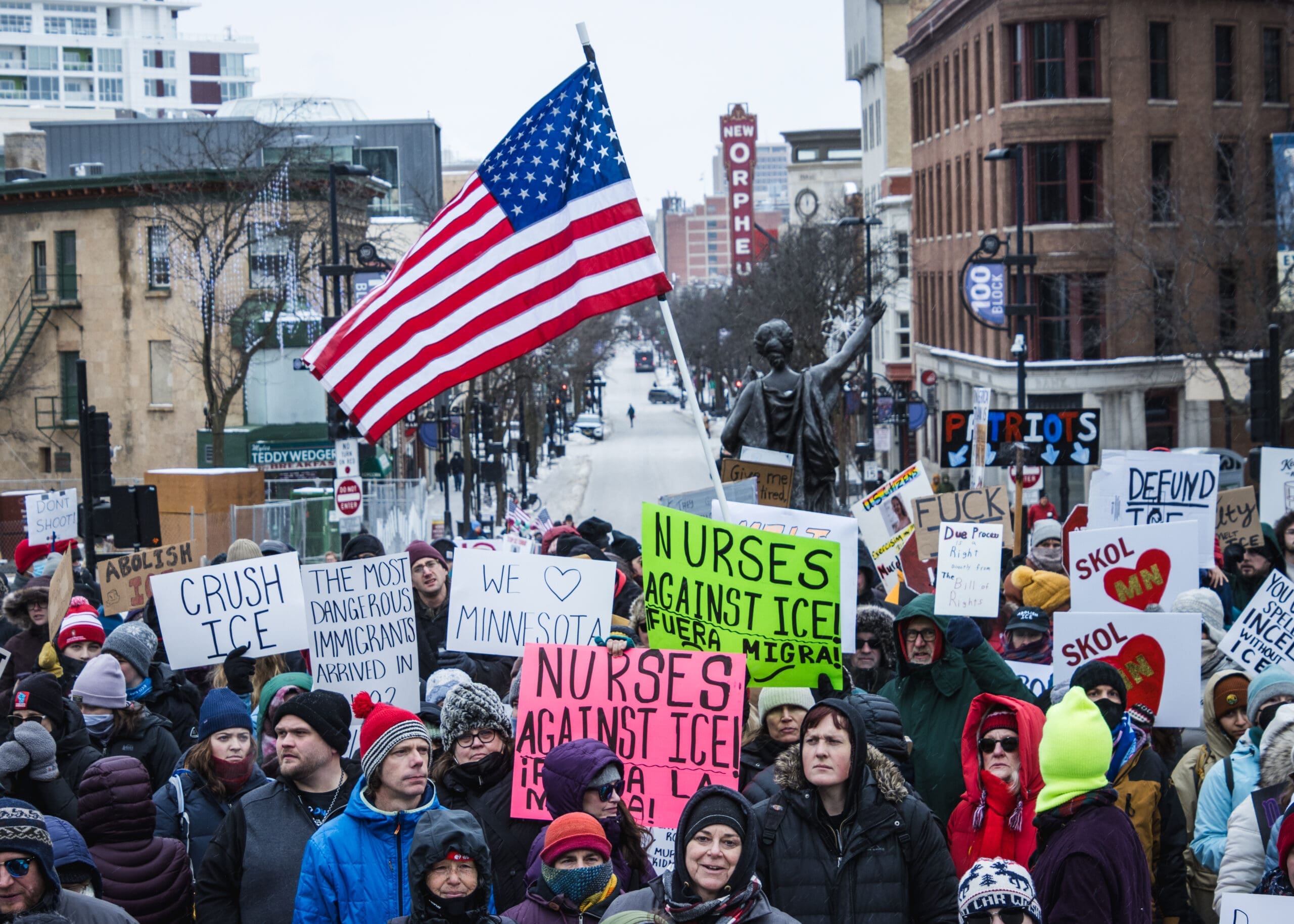It was June 2014. Jacob Zuma had just been re-elected as SA’s president, and the scandal surrounding public money being used for his private home in Nkandla was at its peak.
Zuma was about to kick off his post-election State of the Nation address (SONA). The annual event usually takes place in February, when the country’s president outlines his government’s plans for the year. This year, there would be two, thanks to the recent election.
But this SONA was going to be different to Zuma’s February iteration. The then-president was facing a new party while delivering his speech. The Economic Freedom Fighters (EFF) were decked out in fire-engine-red overalls and domestic worker uniforms – a nod to their communist leanings. The party had been incredibly successful in its first election that year, winning 6.4% of the vote and a whopping 25 seats in parliament despite only forming less than a year prior. It helped that its leaders were once at the head of the ANC Youth League and took much of its machinery and support with them when they were ousted.
It was to be the SONA that shook the country. The impassioned speeches of the usual opposition figures were overshadowed by the sheer rage of the EFF as they disrupted the proceedings, forcing Zuma to stop his speech.
Ever the whiz with a turn of phrase and media-savvy hook, the young politicians in red started chanting, “Pay back the money”. The phrase echoed around the country, creating a populist buttressing to the fight for accountability from civil society and then-Public Protector Thuli Madonsela.
Eventually, the party was forced out by security.
The chaotic events that occurred and their repeat the following year sparked discussions about violence against members of Parliament (MPs) and women. There were also concerns about media freedom when signal blockers were temporarily used in the chambers. Given the public sentiment against a president who is leading the country towards a dangerous precipice, there was more tolerance for the EFF’s tactics.
But then they did it the next year. And the next. And the next.
By the time 2018 rolled around, the country was in the grip of “Ramaphoria” – so relieved to be rid of Zuma that we fell at the feet of a new president in Cyril Ramaphosa, who investors and foreign markets seemed to love. The EFF read the room. Ramaphosa’s first SONA passed by without disruption.
But the EFF had come to rely on spectacle. They needed an issue to fuel their politics of spectacle, and questions over donations around Ramaphosa’s ANC election campaign proved to be just the opportunity. Later, his team’s bungling of a private cash payment for the purchase of cattle from his game farm at Phala Phala created another opportunity. The EFF again had their stick to beat the president with, come SONA.
Except these days… the protests have lost the jarring effect they enjoyed since they first deployed the tactic nine years ago.
So when parliament moved to sanction certain EFF members after their latest disruption last year and introduced new rules to prevent disrupting the SONA, it seemed sensible.
Leader Julius Malema and five other senior EFF MPs were found guilty of contempt of Parliament last year December and hit with a suspension that meant they wouldn’t be able to attend today’s SONA – plus have their salaries docked for the month of February.
It also appeared to have united the rest of the political spectrum. It’s telling that all parties in the National Assembly, except the EFF, voted in favour of the report to suspend the EFF leaders.
To add insult to injury, the EFF only went to the courts to contest the decision at the last minute before SONA and were so unprepared that their case was thrown out.
The party-in-red’s attempts to frame this exclusion as some sort of political censorship fell flat. EFF leaders claim they were being prevented from representing their constituency as a democratically elected party. By the same token, they have failed to do that on their own steam every time they have chosen this particular form of political spectacle: stopping a sitting president from accounting to citizens and ensuring that they are present to hold him to account.
Still, don’t expect the EFF to give up without a fight. The party still has other MPs who will be attending the speech – though the new rules mean they will be given short shrift if they become disruptive. [Update: the party announced a few hours before SONA that all their MPs would be boycotting this speech.] Will the EFF then take their first outside the halls of parliament while SONA is on? And more importantly… what will it matter to the ordinary citizen desperate for real political leadership?
Note: An earlier version of this column incorrectly stated the dates of when the EFF first disrupted Zuma’s SONA, and the date of Ramaphosa’s first SONA. We apologise for the error.
Verashni is passionate about empowering citizens to hold those in power to account. She was previously editor-in-chief of the Mail & Guardian and HuffPost South Africa, and won the CNN African Journalism Award, among others.




